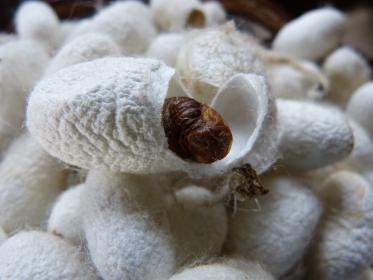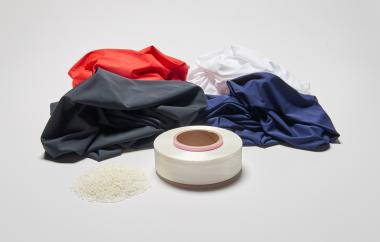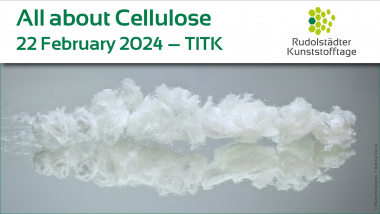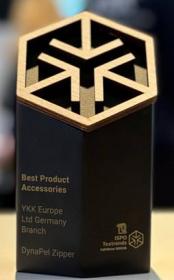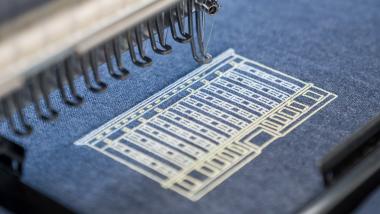Textile waste: Eastman and Patagonia join forces
Eastman announces a partnership with Patagonia to address textile waste.
The outdoor apparel company teamed up with Eastman to recycle 8,000 pounds of pre- and post-consumer clothing waste, which Eastman processed through its molecular recycling technology. The process involves breaking down Patagonia’s unusable apparel into molecular building blocks that Eastman can use to make new fibers.
"We know apparel waste is a major problem, and consumers increasingly want better, more sustainable solutions when their most loved clothing reaches the end of its life," said Natalie Banakis, materials innovation engineer for Patagonia.
"Our collaborations show the world what’s possible when it comes to sustainability,” said Carolina Sister Cohn, global marketing lead for Eastman textiles. “We have the technology to make the textiles industry circular, and we know it requires collaboration with innovative brands to make circular fashion possible. This is only the beginning, and we look forward to more collaborations throughout 2024."
Eastman Chemical Company Patagonia textile waste textile recycling outdoor apparel
Eastman











